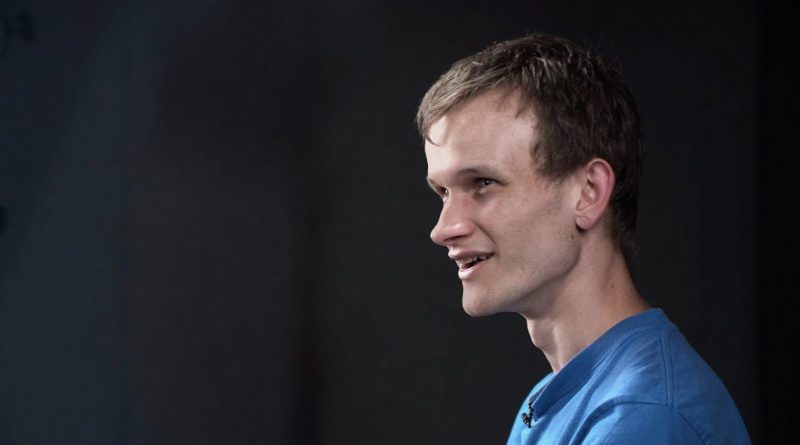Ethereum (ETH) co-founder Vitalik Buterin has published a new blog on his website where he outlines his opinion on why DAOs (decentralized autonomous organizations) should not work like corporations.
Buterin begins his blog by highlighting recent arguments about why decentralized DAOs do not work. The Ethereum founder rejects the idea that traditional corporate structures are more efficient. According to Buterin, decisions that rely “on the wisdom of the crowds can give better answers.”
He stated,
“In these cases, DAO-like structures with large amounts of diverse input going into decision-making can make a lot of sense.”
The Ethereum head goes on to say that many of the newer DAOs are different from older ones. The 28-year-old programmer cites the example of MakerDAO. He says that “newer DAOs are organized around performing various tasks around a particular theme.” Meanwhile, older ones were more focused “around providing infrastructure.”
Nonetheless, there are still some problems that are prevalent. The so-called “succession problem” is the key problem that DAOs must overcome, Buterin emphasized. These organizations must ensure that they can continue operating even if the original group retires.
Buterin claims that DAOs must also manage “unexpected uncertainty.” The Ethereum co-founder acknowledged that methods influenced by governance may appear to be more effective in resolving these problems. Some DAOs will have to resemble “constructs from political science,” according to Buterin.
Ethereum co-founder on censorship resistance
According to Buterin, the most cited reason for decentralization within the crypto industry is censorship resistance.
The Ethereum chief says,
“A DAO or protocol needs to be able to function and defend itself despite external attack, including from large corporate or even state actors.”
According to Buterin, The Pirate Bay and Sci-Hub are two of the most popular censorship-resistant platforms. The Pirate Bay is a hybrid system since it functions as a search engine for the highly decentralized BitTorrent network, yet the search engine itself is centralized.
DAOs behave more like BitTorrent than The Pirate Bay and Sci-Hub. And there is a reason BitTorrent does need to be decentralized: it needs long-term investment and stability in addition to censorship resistance. DAOs that seek censorship resistance ought to fall under this heading as well. They ought to be offering a service that avoids instability and interruption in addition to ongoing censorship.
Ethereum just had one of its most important phases with the move to a proof-of-stake consensus method. Nonetheless, the token is in the reds as of now. At press time, ETH was trading at $1,358.22, down by 20.6% in the last seven days.





